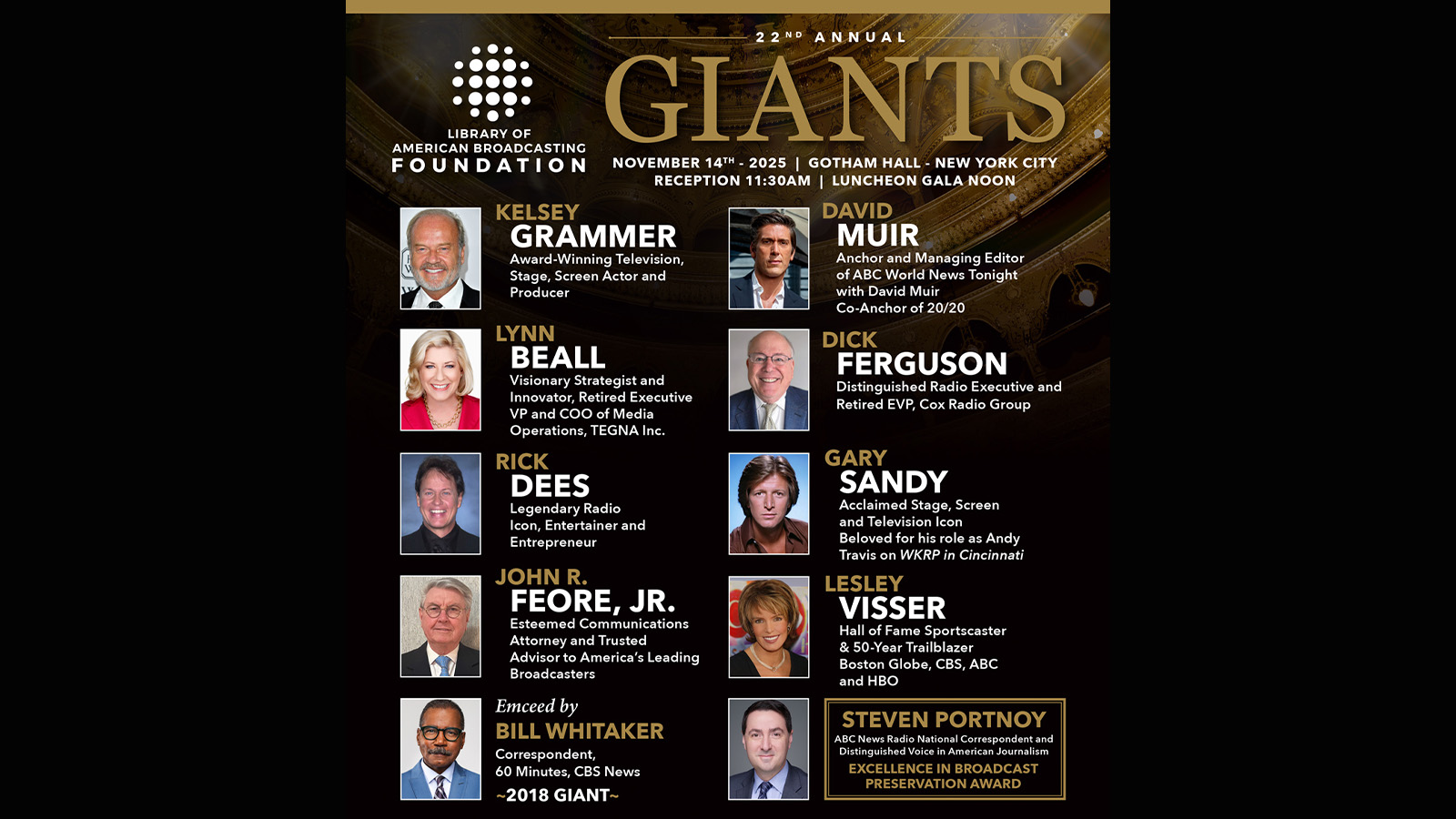NAB to FCC: TV Licensees Should Trump White Space Devices
WASHINGTON— The Federal Communications Commission is giving unlicensed TV white space devices preference over licensed TV operations in spite of rules to the contrary, according to the National Association of Broadcasters.
“The commission continues a disturbing and unprecedented trend of elevating unlicensed operations—in this case unlicensed operations in the duplex gap and guard bands—over licensed LPTV and TV translator stations,” the NAB said in a filing on the commission’s spectrum auction docket.
The comments were in response to the commission’s March 26 Public Notice on the post-auction transition, when wireless providers take over TV spectrum they win at auction. Specifically, the commission asked for feedback on how to define when wireless winners “commence operations.” This will be the trigger for when incumbents have to vacate spectrum, depending on their status.
Full-power and Class A stations that relinquish spectrum have to vacate it 39 months after the commission releases its Channel Reassignment Public Notice. The same goes for broadcast auxiliary service operations, and for LPTV and translator stations that wind up in guard bands—spectrum that will left unlicensed to prevent interference between wireless up- and downlink bands, and between broadcasters and wireless licensees.
Those outside of the guard bands will be able to continue operating “indefinitely,” or until a wireless provider notifies them 120 days before it intends to commence operations and “the LPTV or TV translator station is likely to cause harmful interference to the licensee’s operations in that area,” according to the commission’s March 26 notice. Unlicensed TV white space devices would be treated likewise.
The NAB’s beef is that non-interfering TV white space devices will be allowed to keep operating in the guard bands while LPTVs and translators have to vacate in 39 months whether or not a wireless provider is commencing operations. Similarly, full-power and Class A stations have 39 months to cease operating on channels purchased by wireless providers, whether or not the wireless provider has started building out infrastructure on those channels.
“There is no reason to force full power and class A stations that have been unable to transition to their new channels off the air before a wireless licensee commences operations in the area,” the NAB said. “Similarly, the FCC’s decision to displace LPTV and TV translator stations from guard bands and the duplex gap before a wireless licensee is prepared to commence operations is fundamentally unfair.”
The NAB agreed with the FCC on defining operational commencement at the point when wireless providers begin site commissioning tests, which typically comprise the last step before commercial deployment. It also urged the commission not to include the full area of a phased-in deployment in the commencement notification.
The broadcast group conceded that its other observations were outside the scope of the commission’s query, but said they reflected “what we believe to be an unfounded favoritism for wireless and unlicensed operations over TV broadcasting in this proceeding.”
Broadcast TV Licensees as of March 15, 2015
UHF Commercial
1,031
VHF Commercial
359
UHF Educational
289
Get the TV Tech Newsletter
The professional video industry's #1 source for news, trends and product and tech information. Sign up below.
VHF Educational
106
UHF Class A
362
VHF Class A
43
UHF Translator
2,817
VHF Translator
872
UHF LPTV
1,573
VHF LPTV
366
The NAB pointed out that there are fewer than 600 TV white space devices operating nationwide five years after the FCC authorized them. As of March 15, 2015, there were 1,785 full-power TV stations, 405 Class A’s; 1,939 LPTVs and 3,689 TV translators.
“Displacing a licensed operation, currently serving viewers, merely to allow unlicensed operation in spectrum designated as guard bands or the duplex gap, is wholly unwarranted and contrary to the basis of unlicensed operations outlined in Part 15 of the commission’s rules, namely that unlicensed operations must not cause harmful interference to licensed services,” the NAB said. “Given the fact that it is unclear whether the promise of TV white space devices will ever be realized, the commission’s approach could easily result in rendering fallow spectrum that is currently used to provide LPTV and translator service to otherwise underserved Americans while white space devices continue to remain a wonderful theory in the offices of certain D.C. interest groups.”
Reply comments are due on the FCC’s “commencement” query May 18.
